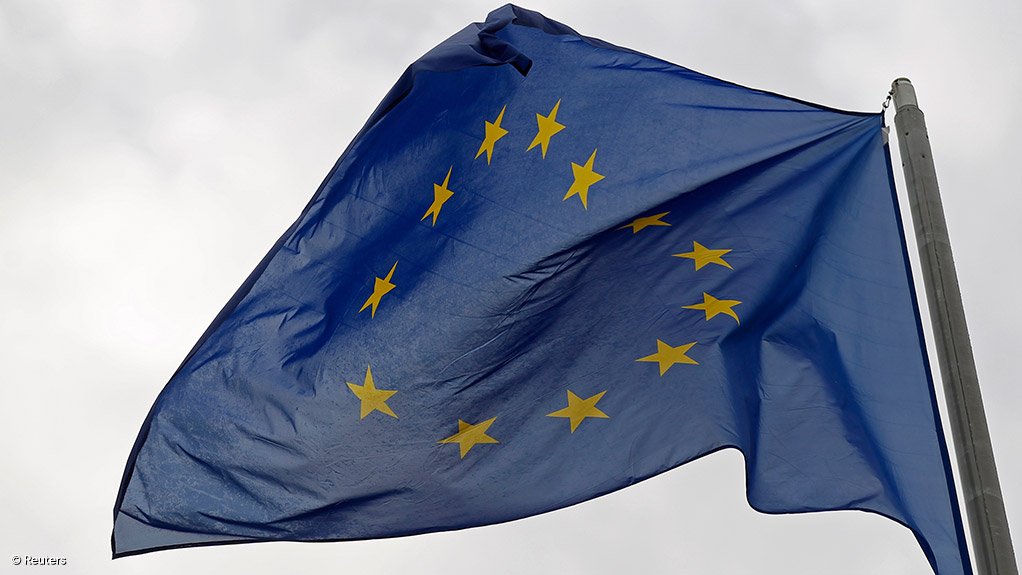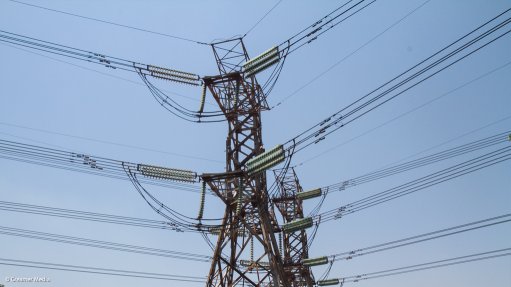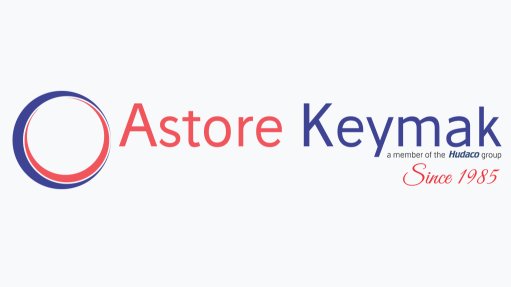South Africa considers complaining to WTO against EU carbon border tax
South Africa is considering lodging a formal complaint at the World Trade Organization against the European Union's "protectionist" carbon border levy, Trade Minister Ebrahim Patel said on Wednesday.
The EU's proposed carbon border adjustment mechanism (CBAM), which will impose charges on imports of carbon-intensive goods like steel and cement into Europe, has faced criticism from some developing nations and sectors including China's steel industry.
In October, the EU launched a trial phase of the world's first carbon border levy, which from 2026 will impose costs on imports of steel, cement, aluminium, fertilisers, electricity, and hydrogen.
"We believe that first prize always is to reach agreement through engagement and negotiation and our door remains open to find a settlement with the European Union on this matter," Patel told Reuters.
"Failing everything else, we would be obliged to take the next step which would be to lodge a formal complaint (at the WTO), but we are still continuing discussions with a view to finding an amicable solution," he added.
A European Commission spokesperson said the border levy was designed to comply with WTO rules and would allow deductions for any carbon prices already paid abroad.
"EU domestic industry pays a carbon price. We need to make sure importers pay an equivalent price, based on the carbon content of their goods, to prevent carbon leakage and help reduce greenhouse gas emissions," the spokesperson said.
"Carbon leakage" refers to the risk that, rather than reducing emissions, European industries would simply move abroad to avoid paying the EU's domestic carbon price.
However, countries including South Africa say CBAM would penalise developing nations struggling to raise the large investments needed to reduce their industries' CO2 emissions.
"Instead of recognising differential levels of development, it imposes a one-size-fits-all on firms across the world," Patel said.
He said South Africa, which could take a serious economic hit should CBAM be introduced, had raised the issue of trade-related measures on climate change at the WTO in February.
The EU is South Africa's largest trading partner and the current version of CBAM could lead to a reduction of total exports to the EU of 4% in 2030 (or 0.02% reduction in GDP) relative to a baseline with no CBAM, an April report from the South African Reserve Bank said.
Article Enquiry
Email Article
Save Article
Feedback
To advertise email advertising@creamermedia.co.za or click here
Comments
Press Office
Announcements
What's On
Subscribe to improve your user experience...
Option 1 (equivalent of R125 a month):
Receive a weekly copy of Creamer Media's Engineering News & Mining Weekly magazine
(print copy for those in South Africa and e-magazine for those outside of South Africa)
Receive daily email newsletters
Access to full search results
Access archive of magazine back copies
Access to Projects in Progress
Access to ONE Research Report of your choice in PDF format
Option 2 (equivalent of R375 a month):
All benefits from Option 1
PLUS
Access to Creamer Media's Research Channel Africa for ALL Research Reports, in PDF format, on various industrial and mining sectors
including Electricity; Water; Energy Transition; Hydrogen; Roads, Rail and Ports; Coal; Gold; Platinum; Battery Metals; etc.
Already a subscriber?
Forgotten your password?
Receive weekly copy of Creamer Media's Engineering News & Mining Weekly magazine (print copy for those in South Africa and e-magazine for those outside of South Africa)
➕
Recieve daily email newsletters
➕
Access to full search results
➕
Access archive of magazine back copies
➕
Access to Projects in Progress
➕
Access to ONE Research Report of your choice in PDF format
RESEARCH CHANNEL AFRICA
R4500 (equivalent of R375 a month)
SUBSCRIBEAll benefits from Option 1
➕
Access to Creamer Media's Research Channel Africa for ALL Research Reports on various industrial and mining sectors, in PDF format, including on:
Electricity
➕
Water
➕
Energy Transition
➕
Hydrogen
➕
Roads, Rail and Ports
➕
Coal
➕
Gold
➕
Platinum
➕
Battery Metals
➕
etc.
Receive all benefits from Option 1 or Option 2 delivered to numerous people at your company
➕
Multiple User names and Passwords for simultaneous log-ins
➕
Intranet integration access to all in your organisation





















